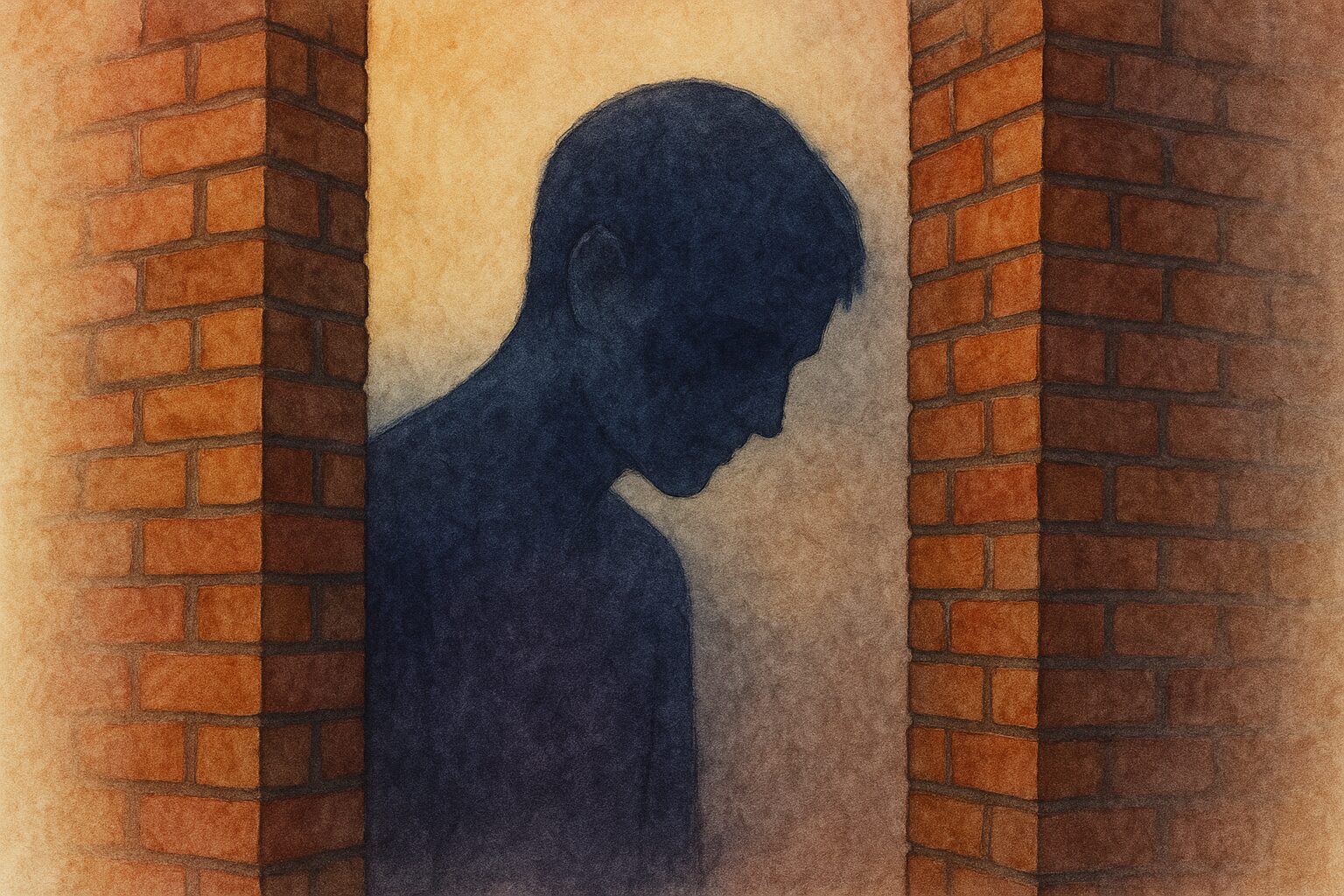Those who assume
Build walls of rigid truth,
Brick by stubborn brick.
Minds are locked gates,
Beliefs are unshakeable.
But those who offer
Hold hands open to the sky,
Ready to either catch starlight
Or let it slip back to the void.
They bend like reeds in others’ winds.
I come to you,
With my palms of possibilities.
Not with demands, but wonder.
I arrived with clay
Waiting to be shaped.
And my mind a blank page,
Hungry for your colors.
In my offering, I found
Our true rhythm.
Each note is a surprise,
Each chord is a revelation.
This music
Of give and take,
Of offer and response,
Writes our song of understanding.
In the space between
Assumption and offering,
Real connection grows.
Filed under: 🜁 Self – tracing the inner landscapes of thought, feeling, and becoming.

